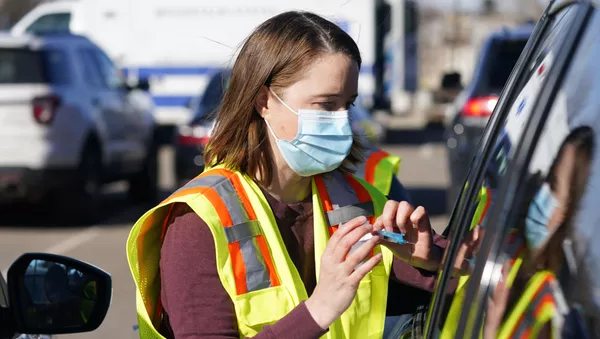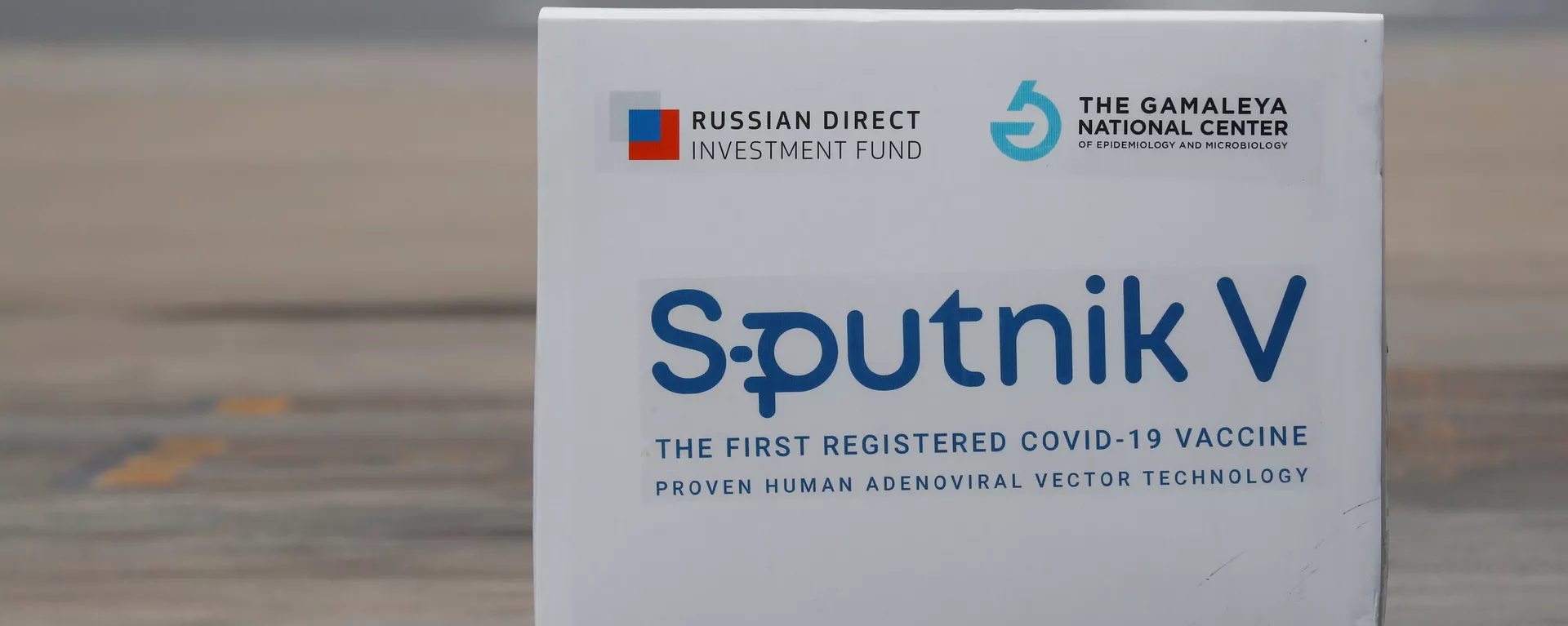BERLIN (Sputnik) - German states with low COVID-19 incidence started to scale down the restrictive measures on Monday, including the reopening of museums and non-essential shops, the regional authorities said.
Last week, German Chancellor Angela Merkel said, following consultations with heads of regions, that regions with COVID-19 incidence below 50 new cases per week per 100,000 population would be allowed to soften the restrictions beginning on Monday. The restrictions were introduced and consequently strengthened since last November.
If, however, the incidence rates increase during the next three days, the authorities are bound to cancel the easing of restrictions. The decision will ultimately be up to the regional administrations.
Despite the federal regime of restrictive measures set to remain in effect until March 28, a set of exemptions, including social contacts and the reopening of non-grocery stores, apply countrywide. In particular, gatherings of up to 10 people are allowed from Monday.
The softening of restrictions also includes the reopening of cultural venues, such as galleries, museums, zoos and botanical gardens, which will still need to control the number of visitors. Such rules will begin to apply in Baden-Wurttemberg, Hesse, North Rhine-Westphalia, Saarland, Saxony-Anhalt and Berlin starting Tuesday, since Monday is a holiday.
Additionally, beauty studios and tattoo salons are allowed to resume in Berlin, Hamburg and other cities with similarly low incidence.
The state of Thuringia, which has the country's highest COVID-19 incidence rate, has not yet introduced any exemptions.





